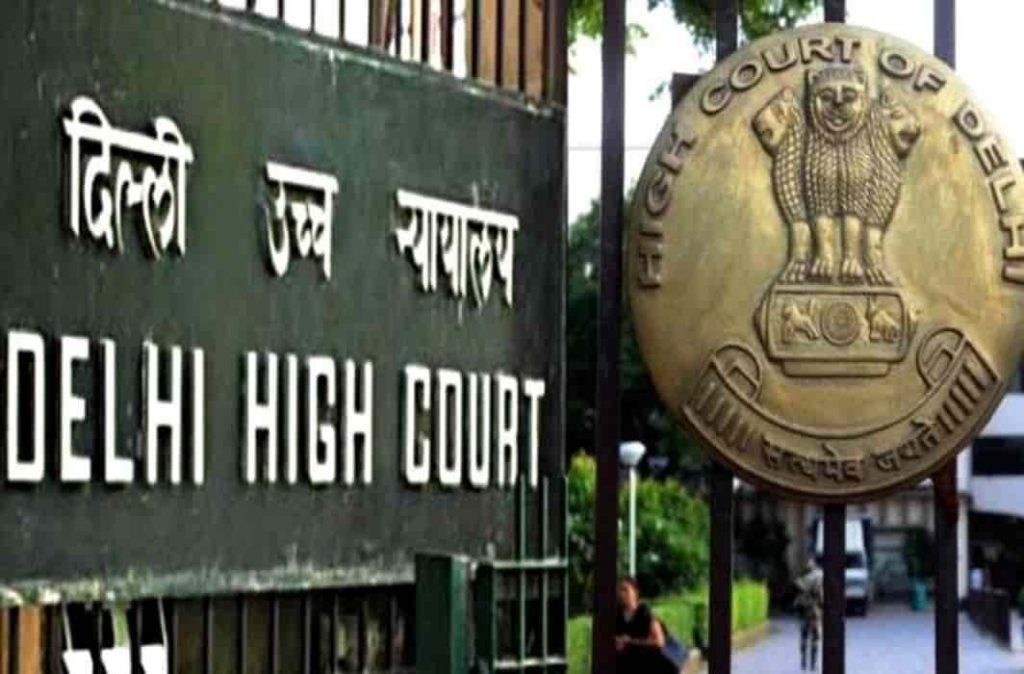New Delhi: A PIL has been filed in the Delhi High Court seeking to direct the Centre and the Election Commission to ascertain the feasibility of conducting polls for Lok Sabha and legislative assemblies simultaneously in 2024 to save money and reduce the burden on security forces and public administration.
The petition said the elections to assemblies whose terms are expiring in 2023 and 2024 may be brought together with the 2024 Lok Sabha polls by curtailing and extending the tenure.
If a consensus evolves among political parties, assembly elections of 16 states — Meghalaya, Nagaland, Tripura, Karnataka, Chhattisgarh, Madhya Pradesh, Mizoram, Rajasthan, Telangana, Sikkim, Andhra Pradesh, Arunachal Pradesh, Odisha, Haryana, Maharashtra and Jharkhand — can be held with the 2024 General Elections, it said.
Petitioner and advocate Ashwini Kumar Upadhyay has also sought to direct the Centre and the poll panel to ascertain the feasibility of conducting elections Saturday, Sunday and some holiday to save time of schools, colleges, universities, service industries and manufacturing organisations.
The plea claimed that as per a provisional estimate, the conduct of 2014 Lok Sabha elections entailed an expenditure of almost Rs 4,500 crore and it is estimated that an undeclared Rs 30,000 crore was spent on the 2014 Lok Sabha polls.
Thus, doing away with several separate elections every year is likely to reduce expenditure substantially, it said.
The plea said conducting the elections together will save public money, reduce burden on security forces and public administration, ensure timely implementation of government policies and control election paralysis.
“There are many advantages in holding the Lok Sabha, state legislative assemblies, panchayats and municipal body elections together. It would reduce the time and cost involved in conducting elections in terms of the use of paramilitary forces, government staff on election duty and election commission staff organising booths, electronic voting machines and voter slips.
“In addition, the cost of campaigning for parties would be less. The imposition of the Model Code of Conduct delays implementation of central and state government projects and welfare schemes, and takes away time and effort from governance issues,” it claimed.
It said the need for simultaneous elections have been discussed and debated for a long time and even the Law Commission in its 170th report on Reform of Electoral Laws has suggested simultaneous elections to Lok Sabha and state legislative assemblies for the sake of stability in governance. But the Centre and the Election Commission (EC) did not take appropriate steps.
“The unending elections impede governance as the model code of conduct prevents announcements of policy decisions that could be seen to influence voters. It is also felt that the political exercise is hugely distracting and there is a tendency to read the results as referendums on the Centre even though the issues at state are essentially local and state specific.
“Every year, generally, four to five states go to polls. If the last 10 years are taken into account, the highest was in 2013 with Rajasthan, Madhya Pradesh, Chhattisgarh, Delhi, Mizoram, Tripura, Meghalaya, Nagaland and Karnataka going to polls,” the petition said.
The petition has arrayed the Union of India through ministries of home affairs, finance and law and justice, EC and the Law Commission as parties.
PTI
